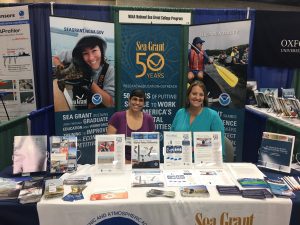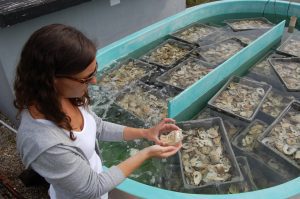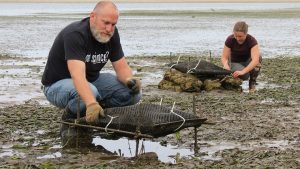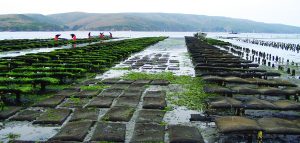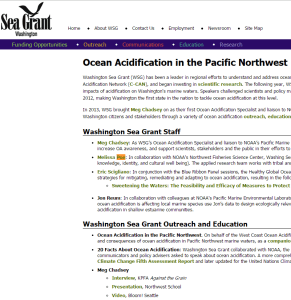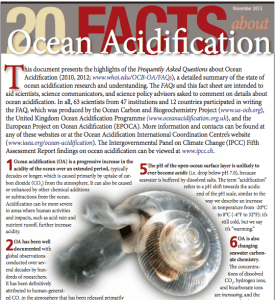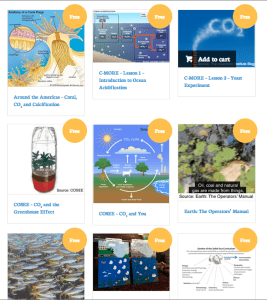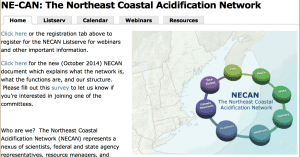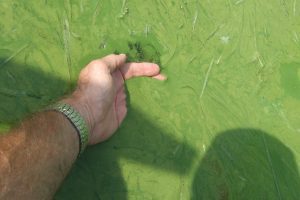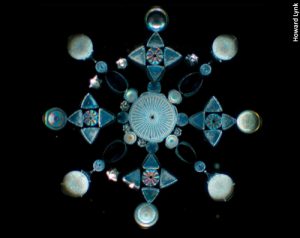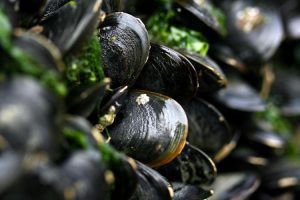
NOAA Sea Grant and Ocean Acidification Program projects to examine impacts of stressors on shellfish aquaculture
NOAA Sea Grant and the Ocean Acidification Program awarded more than $2.4 million to support projects that will address the impacts of multiple stressors on and increase resilience in shellfish aquaculture through research and industry partnerships. These projects will expand collaborations between researchers and the shellfish aquaculture industry throughout all aspects of the scientific process.
